Recent Foreclosure News in California
The California Homeowner Bill of Rights (HBR) has caused a slowdown in foreclosure sales in California. Taking effect on January 1, 2013, the law outlines remedies for homeowners. The law prohibits dual-tracking, failing to provide a single point of contact, and neglecting to deliver proper notice of loss mitigation options.
Prior to a foreclosure sale, homeowners can seek injunctive relief to stop the foreclosure process. A recent research report from Barclays says that if homeowners get an injunction, the borrower can pass all legal costs to the servicer through the HBR, even if a material violation is not proved at a later date.
Remedies are limited if a foreclosure sale has already occurred. So it is vital that if your lender still has a sale date, you stop the sale from going forward. Aside from an injunction, this may be the time to file a Chapter 13 bankruptcy. The automatic stay in bankruptcy will stop the foreclosure process in its tracks, giving you enough time to explore every option for keeping your home.
Also, if there is an underwater 2nd mortgage, then it is possible to “strip off” that mortgage in a chapter 13 bankruptcy so that it is discharged. And if there is significant other debt, such as credit cards, medical bills, or judgments, they too will be discharged.
Thousands of troubled homeowners have called the Law Office of James G. Beirne and gotten help with their mortgage and debt problems. The consultation is free, the advice could save your home, car, wages, and sanity.

